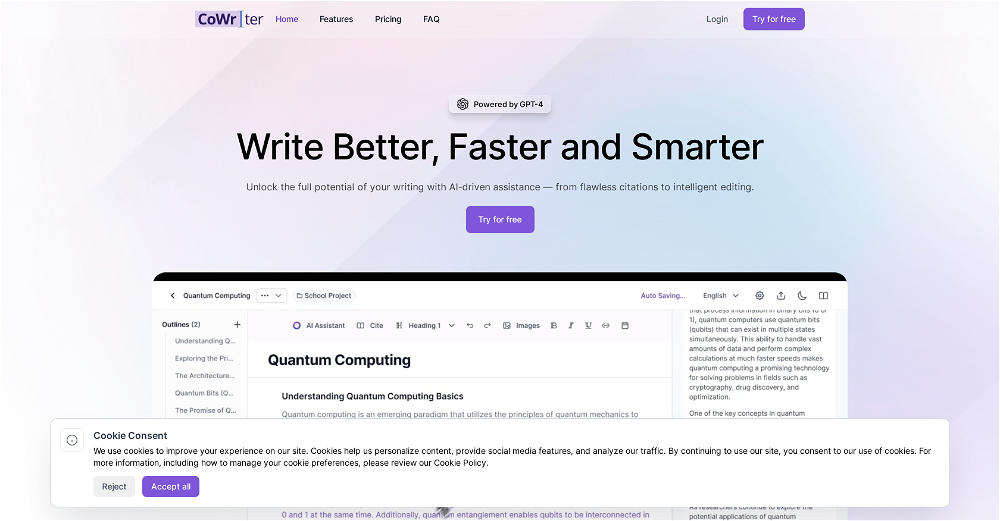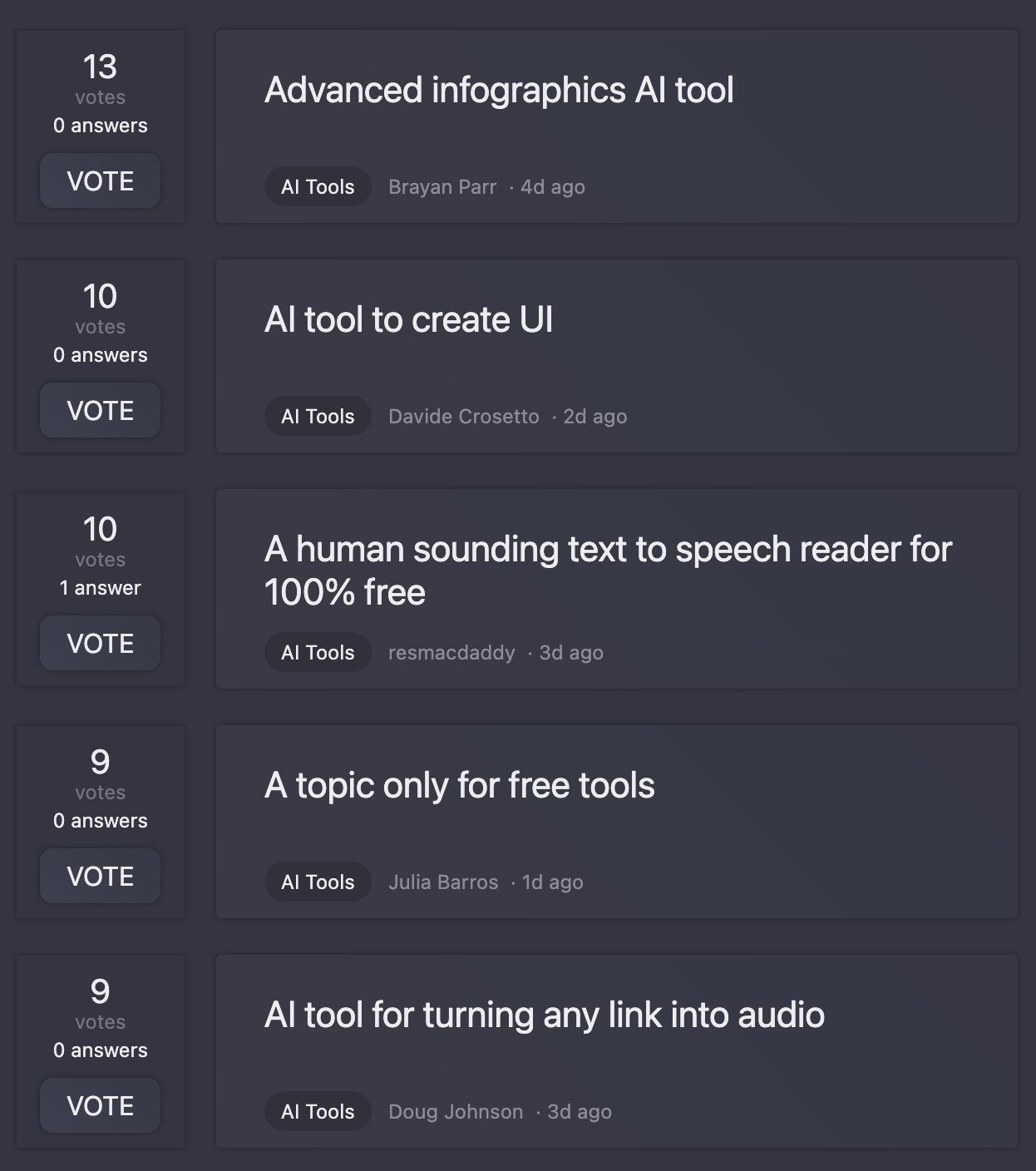Semanticscholar

Semantic Scholar is a free AI-powered research tool that aggregates scientific literature from various fields of science, including nanotechnology and moral reasoning, and uses AI and engineering to understand the semantics of the research to help scholars discover relevant publications.
The platform currently archives over 211 million papers. Also, the tool has a beta program, Semantic Reader, that provides an augmented reading experience to help increase accessibility and richness to scientific literature.
Besides, Semantic Scholar has a newly improved API for developers, which allows searching for papers on the platform, better documentation, and improved stability.
Semantic Scholar was developed by the Allen Institute for AI, which focuses on creating efficiency in AI research to decrease carbon footprint and increase inclusivity.
Researchers who use Semantic Scholar can sign up and stay connected to receive alerts about relevant papers, as well as receive updates about new features and releases.
The platform is open to publishers who want to contribute their research, and a team of expert researchers composes the Semantic Scholar team. The platform also offers a detailed FAQ section and tutorials to help users understand the tool's full range of capabilities.
Overall, Semantic Scholar is a highly useful research tool for scholars, allowing them to discover relevant scientific publications with the power of AI.
Would you recommend Semanticscholar?
Help other people by letting them know if this AI was useful.
Feature requests
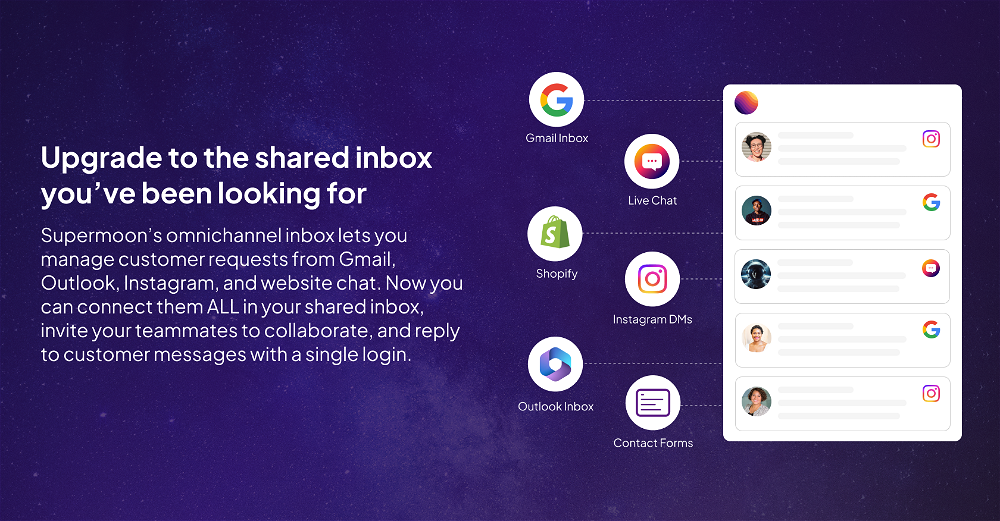
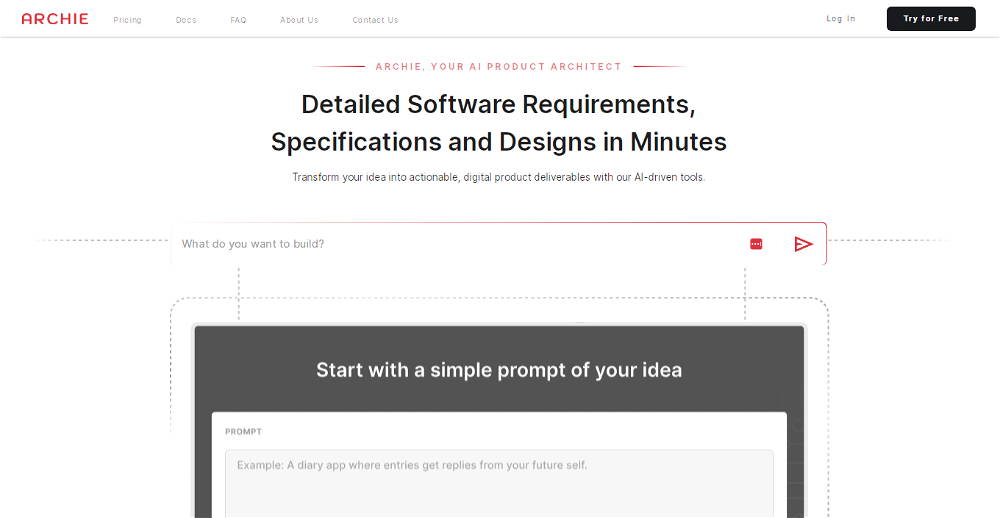
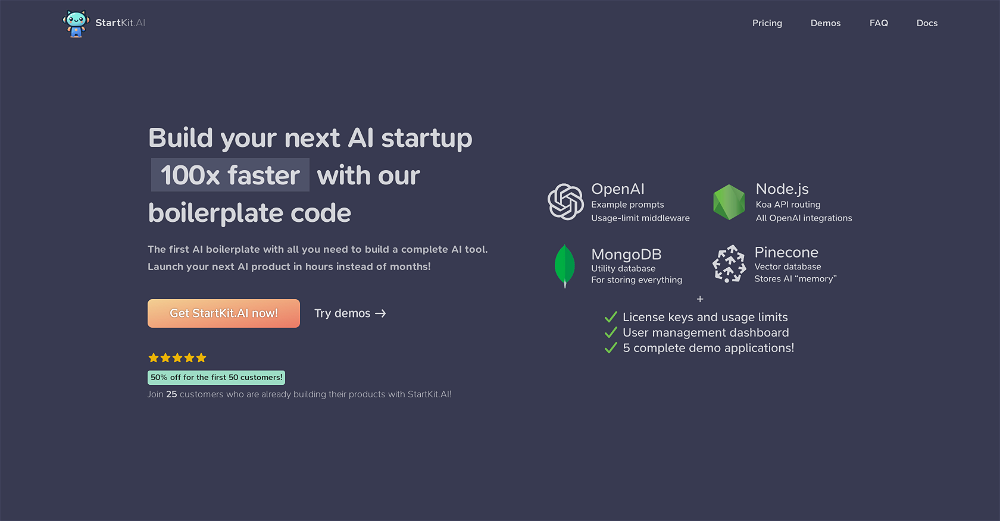
53 alternatives to Semanticscholar for Academic research
-
3.01,2522
-
4.284314
-
4.96725
-
4.26363
-
5.03821
-
1.82423
-
4.52223
-
4.774
-
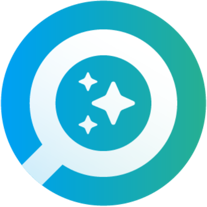 65228K
65228K -
4.045
-
 4137K
4137K -
32
-
 Enhance your research with the AskYourPDF Research Assistant.29131K
Enhance your research with the AskYourPDF Research Assistant.29131K -
 28108
28108 -
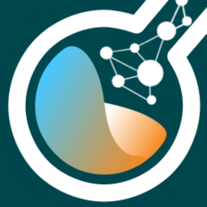 2033K
2033K -
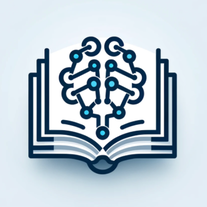 185K
185K -
 1841
1841 -
5.0171
-
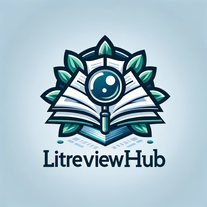 Writes an academic literature review referencing the latest papers.14
Writes an academic literature review referencing the latest papers.14 -
 113K
113K -
 847
847 -
 817
817 -
 72K
72K -
 7161
7161 -
 6588
6588 -
 6293
6293 -
 Searching scholarly articles and providing citation-based advice.671
Searching scholarly articles and providing citation-based advice.671 -
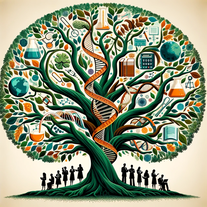 666
666 -
 Academic expert providing well-informed, tailored responses with citations.68
Academic expert providing well-informed, tailored responses with citations.68 -
 69
69 -
 5329
5329 -
 Assisting in academic research, finding papers and explaining jargon.457
Assisting in academic research, finding papers and explaining jargon.457 -
 4471
4471 -
3
-
 31K
31K -
 3216
3216 -
 318
318 -
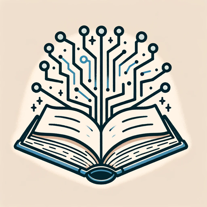 A research assistant for thesis work, providing factual and academic guidance.347
A research assistant for thesis work, providing factual and academic guidance.347 -
 312
312 -
 33
33 -
 Generates Semantic Scholar search links from your input.322
Generates Semantic Scholar search links from your input.322 -
 ArXiv GPT finds, analyzes, and summarizes ArXiv papers and sends them to your email.3857
ArXiv GPT finds, analyzes, and summarizes ArXiv papers and sends them to your email.3857 -
 Expert in UK Business & Administrative Studies theses.36
Expert in UK Business & Administrative Studies theses.36 -
 Assisting in academic queries with reliable knowledge and relevant sources.314
Assisting in academic queries with reliable knowledge and relevant sources.314 -
 239
239 -
 Focused on distinct bibliography and comprehensive biomedical research.2
Focused on distinct bibliography and comprehensive biomedical research.2 -
2
-
2
-
 115
115 -
 16
16 -
 120
120 -
 Defining research problems, questions, and hypotheses for doctorate students.126
Defining research problems, questions, and hypotheses for doctorate students.126 -
 1
1
Pros and Cons
Pros
Cons
Q&A
If you liked Semanticscholar
Featured matches
Other matches
-
5.0412K
-
3.01,2522
-
3.055
-
47
-
1.077
-
190
-
17
-
1
-
123
-
364
-
496
-
2462
-
177
-
19
-
326
-
1470
-
1400
-
255
-
3267
-
3383
-
274
-
387
-
3157
-
173
-
351
-
64
-
2
-
39
-
12
-
13K
-
217
-
54K
-
12
-
8
-
17
-
10
-
7
-
88
-
86
-
127
-
5
-
1319
-
11
-
330K
-
53
-
9
-
16
-
56
-
1K
-
1209
-
59
-
30
-
5.063
-
5.09093
-
1.08
-
1.0471
-
5.06
-
5.0110
-
42
-
119
-
28
-
5.047
-
4
-
5.0135
-
17
-
3
-
5.025
Help
To prevent spam, some actions require being signed in. It's free and takes a few seconds.
Sign in with Google






